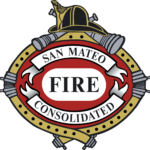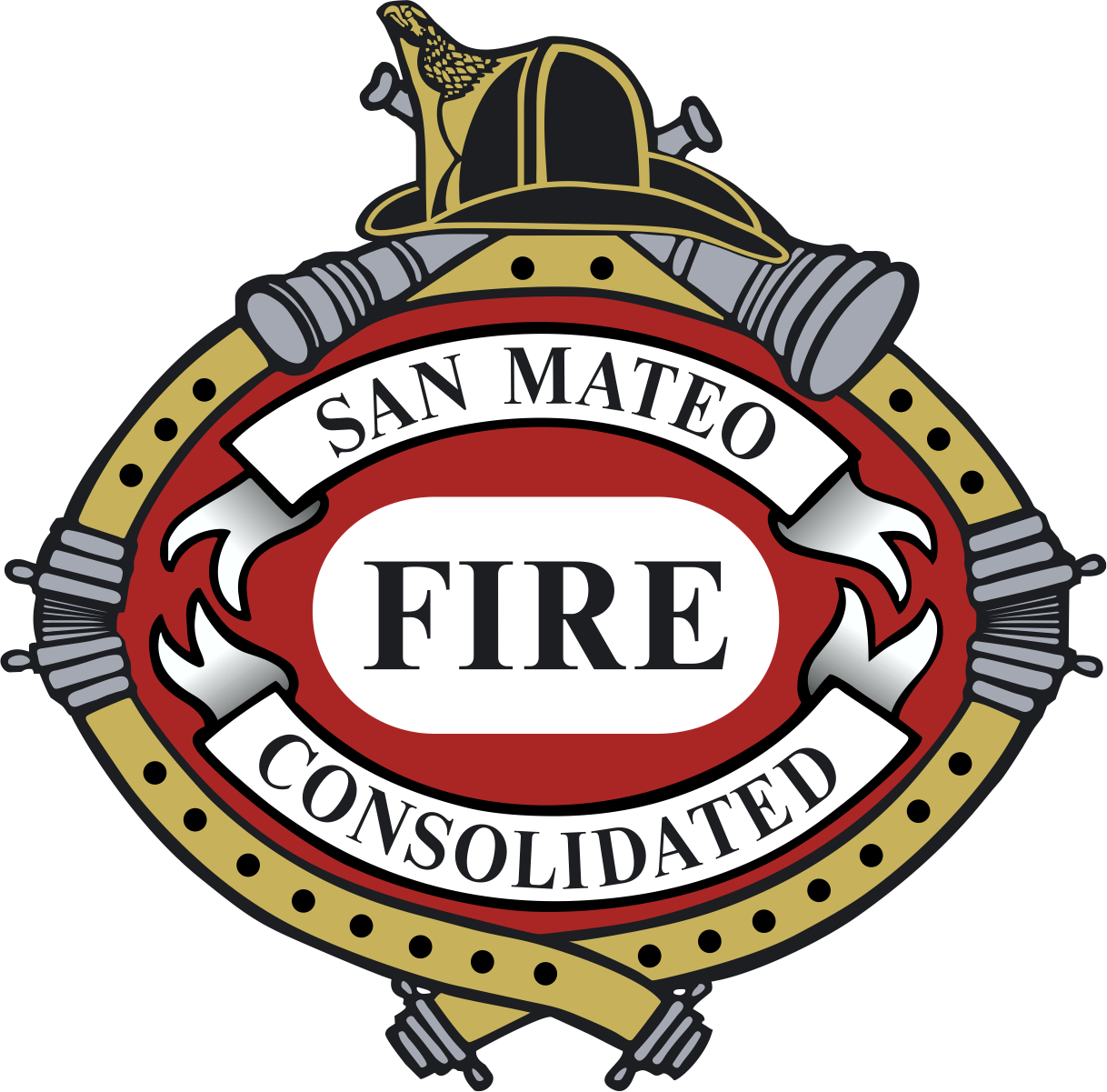Myth: “When a fire occurs, every fire sprinkler head discharges water.”
Fact: Unlike Hollywood, fire sprinkler heads are individually activated by heat.
Myth: “Water damage from Fire Sprinklers will be more extensive than the fire damage itself.”
Fact: Water damage from a home fire sprinkler system will be much less than the damage caused by water from firefighting hoses or the smoke and fire damage if the fire continues unabated.
Myth: “A smoke alarm is enough protection from fire.”
Fact: Smoke alarms save lives by providing a warning system but do nothing to extinguish a growing fire or protect those physically unable to escape on their own. Battery operated smoke alarms often fail to work because the batteries are dead or have been removed.
Myth: “Fire sprinklers are designed to protect property but are not effective for life safety.”;
Fact: Fire sprinklers provide a high level of life safety. The NFPA has no record of a multiple death fire in a completely sprinklered public assembly, educational, institutional or residential building where the system was properly operating.
Myth: “If I am a renter, my landlord’s insurance will cover my possessions.”
Fact: FALSE! The landlord’s insurance only covers their property. For example, it does not include any item belonging to the renter. Renter’s insurance is an important asset to consider when renting a new home.
Myth: “If you are in a room when a clean agent suppression system activates you will instantly die because the system sucks all of the oxygen out of the room.”
Fact: This is false, most systems just cool the room. In systems with inert gas the oxygen content does get reduced but per code must remain at safe levels for occupied spaces.
Myth: “I am not doing major construction so I do not need a permit.”
Fact: This is not accurate, you need to obtain a permit for nearly all work done on your property. This ensures that the property is safe and built to current building standards. Also, this prevents additional fines for performing work without a permit. The Fire Department will review your plans to ensure fire life safety and determine if additional fire protection features are required.

